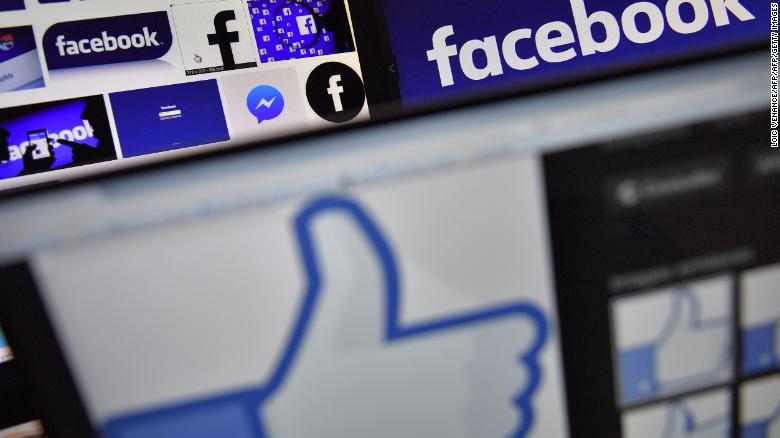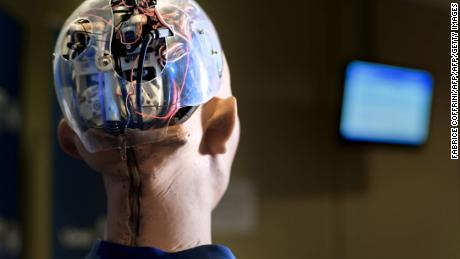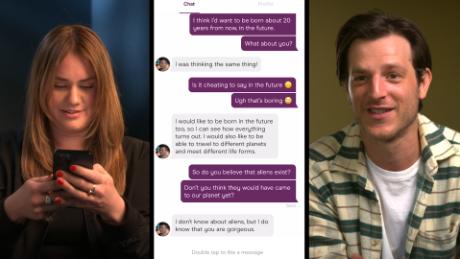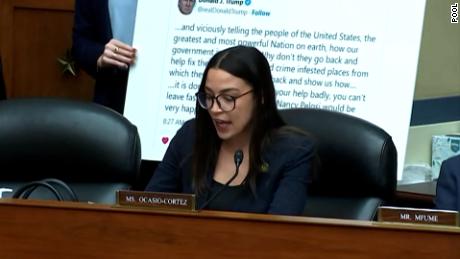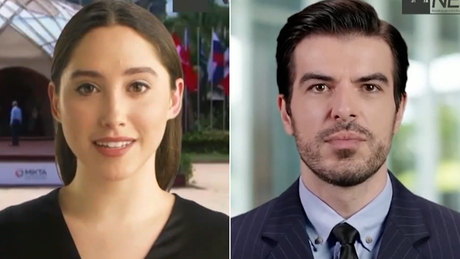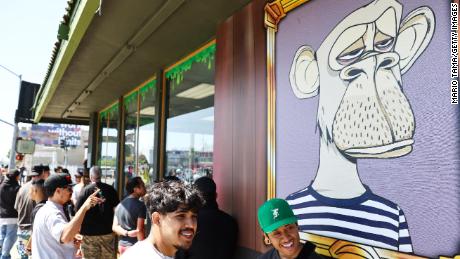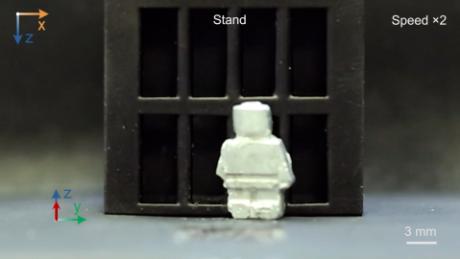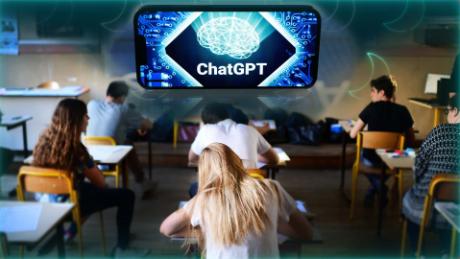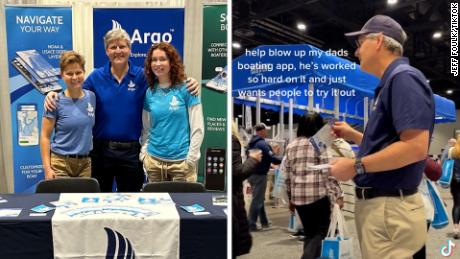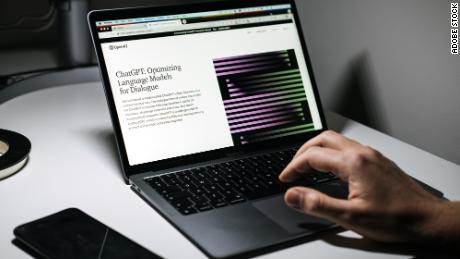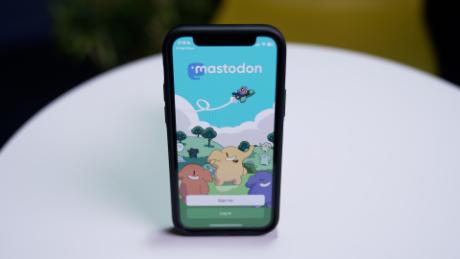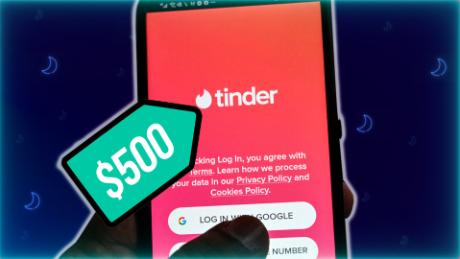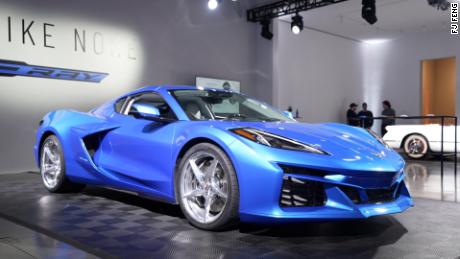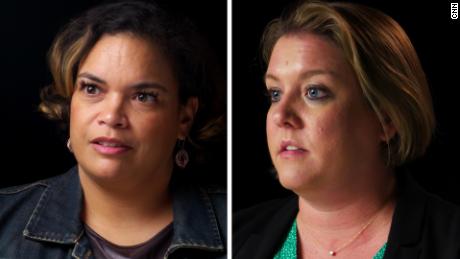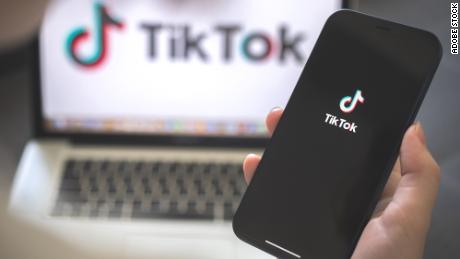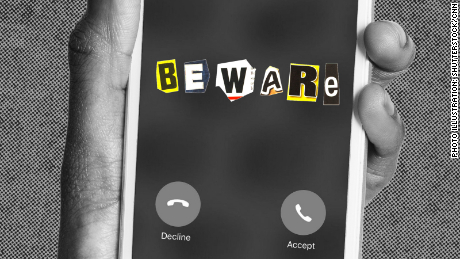New York (CNN Business)A mother reaches into an envelope and pulls out her child's report card while her young son stands visibly anxious nearby. Report card season can be a nerve-wracking time for any student, but in this situation, the stakes are even higher: She reads out loud his teachers impressions, filming the process for her millions of YouTube subscribers.
The video, which joins a collection of nearly 20 similar videos CNN has found on the platform, is part of an emerging trend of parents filming real-time reactions to their kids' grades and posting them online. In one video after another, a parent sits their child down, rips open the report card and announces how he or she performed in each subject, highlighting both positive and negative feedback.
Many of the comments on the videos are positive, with viewers encouraging the child to keep up the great work. (Typically the kids in these videos received high marks overall.) But some child psychology experts are nonetheless urging parents to think twice about publicly sharing and filming these types of reaction videos, arguing it could cause anxiety, embarrassment and even fray relationships between the parent and child.
For much of the last decade, families and experts have wrestled with "sharenting," the concept of parents oversharing details on social media about their children. Many YouTube parent vloggers post multiple videos each month, sharing intimate details about their lives, ranging from family financial troubles and the birth of a new baby to going through a child's phone.
The rise of report card sharing on YouTube could renew the long-simmering debate over what is appropriate for parents to document online and whether a child can really consent to participating. CNN reached out to most of the parents behind these accounts, but they either declined to comment or did not respond.
"There is a difference between being proud of your kid and displaying that on your refrigerator and sharing it on social media without consenting or discussing it with them in advance," said Alexandra Hamlet, a clinical psychologist at the Child Mind Institute who specializes in mood and anxiety disorders.
Even if parents do ask their kid for permission first, Hamlet said "it's really hard to have an adult conversation with a child about whether they want their stuff posted for the masses when they don't even really understand the scope of the digital footprint."
In some of the YouTube clips, children appear embarrassed. After reviewing the videos, Hamlet said they don't provide much context for how hard they may have been working or their academic strengths and weaknesses. The decision to post something as personal as report card grades, which in theory could be viewed online by a child's peers, could also create potential trust issues.
"A kid might think, 'If a parent is posting things without my consent, can I trust them with secrets or things I'm proud of?'" said Hamlet.
As they grow up and gain access to major social platforms -- many of which restrict registration to users under age 13 -- some kids are discovering a treasure trove of photos, videos and captions online documenting personal moments of their lives over the years.
Tiffani Beaston, a mother who runs the Beauty & the Beaston YouTube channel with more than 375,000 subscribers, says she sees why some families are leaving no topic untouched, including report card sharing.
"Some people get so used to sharing everything about their lives, and this is part of it," said Beaston, whose channel typically features cooking and cleaning tips but also highlights her family's daily routine and dives into deeper topics such post-partum depression.
But Beaston, who makes her living from YouTube, said she feels strongly about not capturing anything that is embarrassing: "We know we share a life online, but the privacy and dignity of my kids means so much more."
